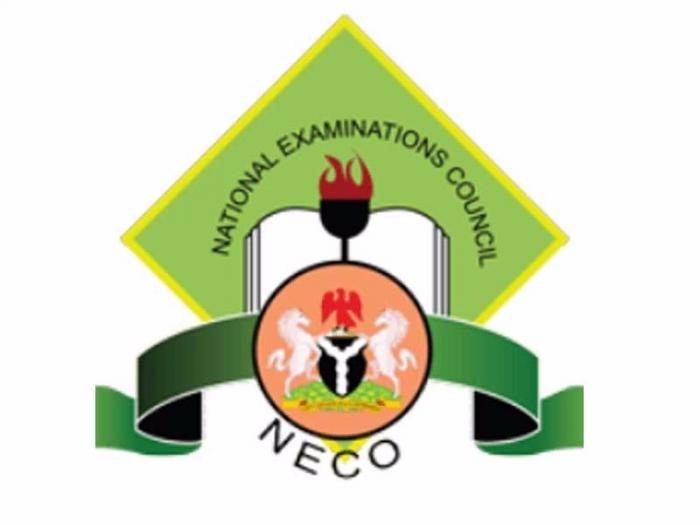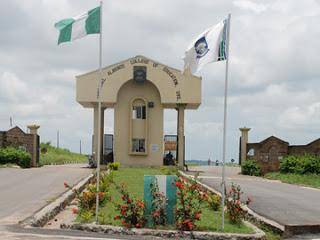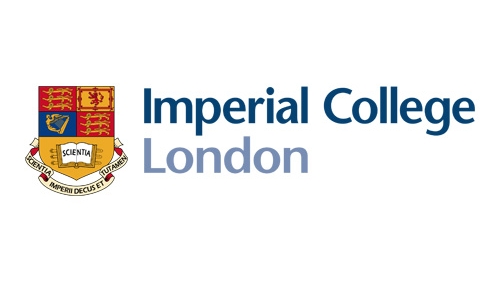US to expedite visa approvals for Nigerian graduates with job offers
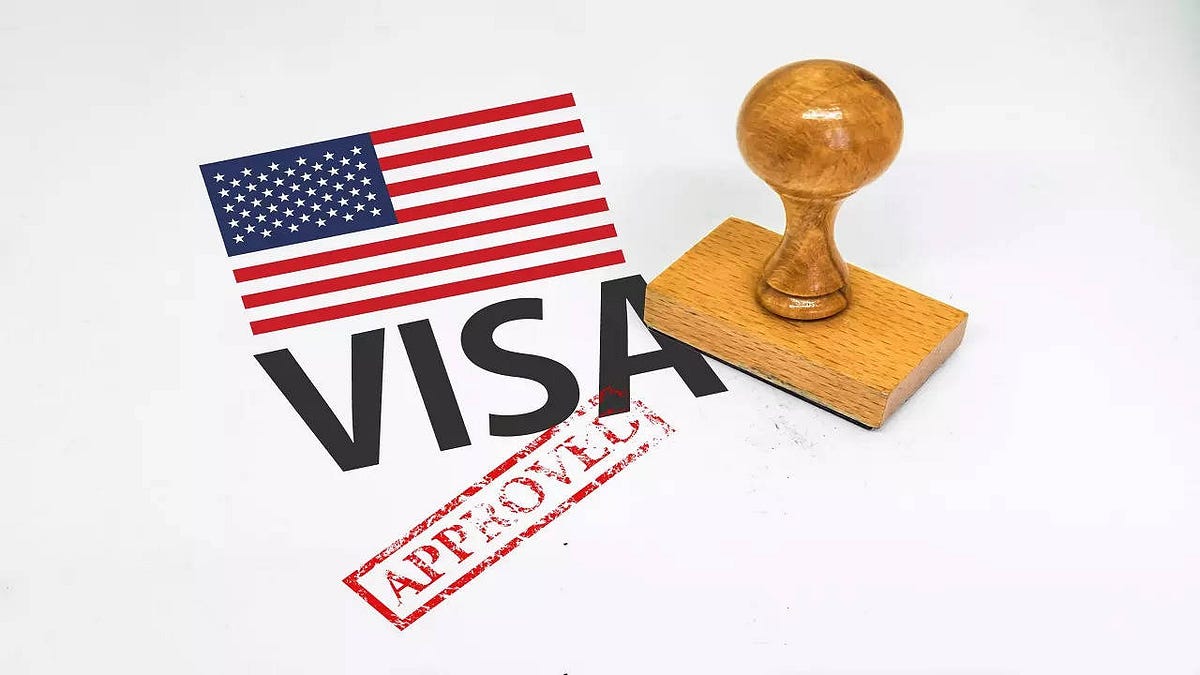
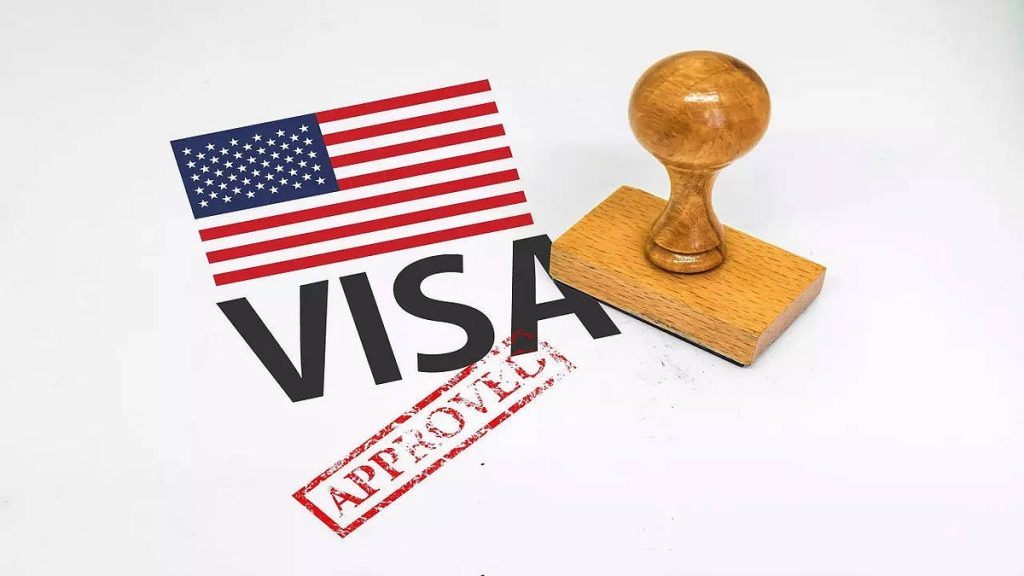
To enhance the US economy and retain top talent, the Biden administration has introduced steps to fast-track employment-based non-immigrant visas for recent US college graduates with job offers.
This project seeks to streamline immigration procedures and recruit qualified professionals to the United States.
By July 18, the Department of State will have issued new rules for consular officials recommending that the Department of Homeland Security (DHS) accept ineligibility waivers.
These waivers are critical for accelerating the visa application process while maintaining stringent screening and security protocols.
During the recent election season, the administration announced plans to prioritise international students who have graduated from US institutions and have employment offers, offering faster visa issuance to those who match the criteria.
Employment-based non-immigrant visas, such as the popular H-1B visa, allow foreign citizens to work in the United States temporarily. The visa procedure typically begins with the employer filing a petition for the prospective worker.
Applicants who are originally denied visas are usually notified of the reasons by the consular officer. Some of these candidates may be eligible for a waiver, giving them another chance to obtain their visa. The DHS and the US Customs and Border Protection’s Admissibility Review Office handle these waiver requests.
Before applying for an H-1B or other temporary worker visa, employers must first receive approval for a Petition for a Nonimmigrant Worker (Form I-129) from the US Citizenship and Immigration Services (USCIS).
Once this petition is approved, the potential employee can move forward with their visa application, which includes completing the Online Non-immigrant Visa Application (Form DS-160) and scheduling an interview at a US embassy or consulate.
In fiscal year 2023, USCIS and the Department of State issued over 192,000 employment-based immigrant visas, ensuring that no visas went unused for the second year in a row.


